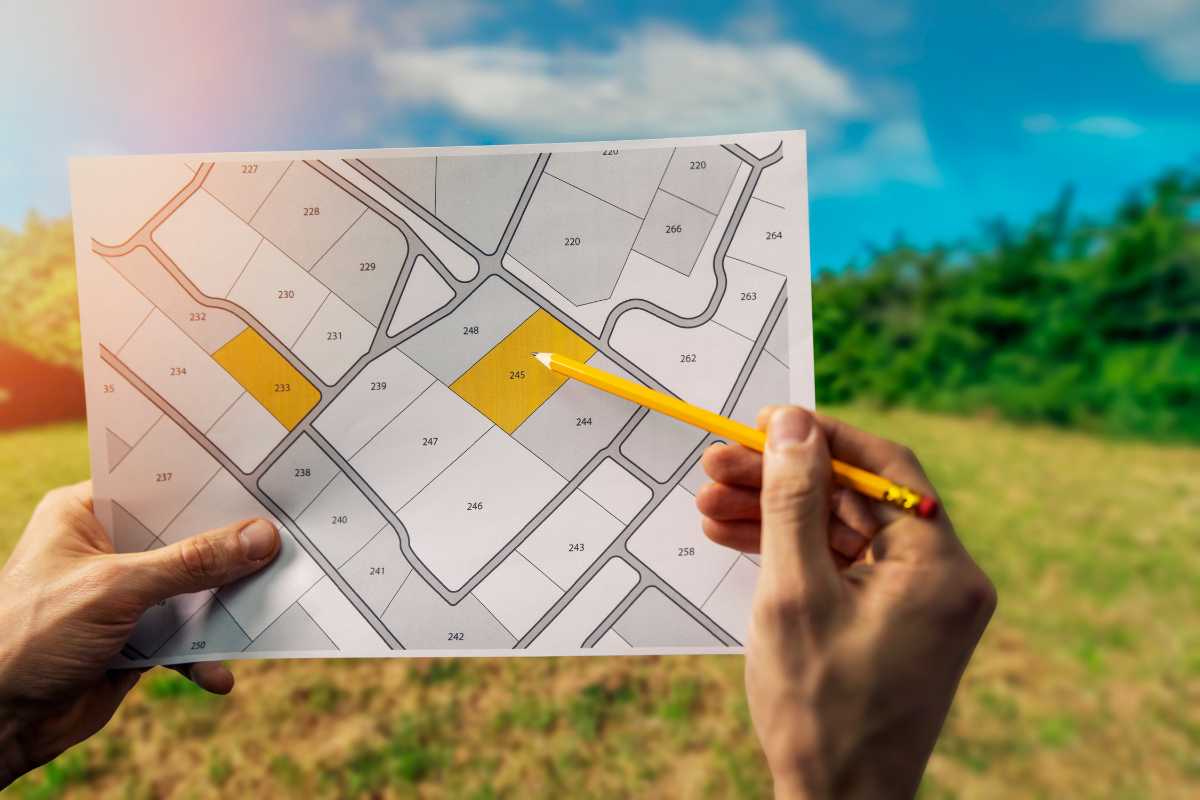Selecting the ideal building site is a crucial step in the process of constructing your dream home. The location you choose will influence not only the aesthetics but also the functionality, safety, and overall satisfaction of your living experience. In this blog post, we will explore some essential factors to consider when evaluating potential building sites, helping you make an informed decision that will set the foundation for your dream home.
- Location, Location, Location
The first and foremost consideration when choosing a building site is its location. Think about the neighborhood, nearby amenities, and proximity to schools, healthcare facilities, shopping centers, and recreational areas. An ideal location would strike a balance between accessibility and serenity. Consider the local climate and weather patterns as well, as extreme conditions can affect your living experience.
- Site Orientation and Views
The orientation of your building site is crucial, as it impacts natural light and energy efficiency. A south-facing orientation is generally desirable for regions in the Northern Hemisphere, as it allows for more sunlight throughout the day. Additionally, take note of potential views, such as mountains, lakes, or green landscapes, that can enhance the aesthetics and value of your property.
- Site Topography and Terrain
Study the topography and terrain of the site carefully. A flat or gently sloping site is generally more cost-effective for construction and landscaping, while a steep or uneven terrain might require extensive grading and site preparation, increasing overall expenses. Moreover, consider the drainage patterns to avoid potential issues with water pooling or flooding during heavy rainfall.
- Zoning and Permits
Before finalizing a building site, familiarize yourself with local zoning regulations and building codes. Ensure that the intended use of the property aligns with zoning requirements and that you can obtain the necessary permits for construction. Consult with local authorities or a professional to navigate through any potential limitations or restrictions that may impact your building plans.
- Utilities and Infrastructure
Access to essential utilities, such as water, electricity, sewer, and gas, is crucial for the feasibility of your construction project. Assess the proximity and availability of these services to avoid costly utility extensions. Furthermore, consider the existing infrastructure, such as roads and public transportation, to ensure convenient access to and from your property.
- Environmental Considerations
Responsible building site selection involves assessing the impact on the environment. Consider the presence of protected or ecologically sensitive areas like wetlands, floodplains, or endangered habitats. Strive to minimize your ecological footprint by choosing a site that has already been developed or disturbed or collaborate with environmental experts to develop a sustainable building plan.
- Safety and Hazards
Evaluate potential safety concerns and hazards associated with the building site. Take note of any historical records of natural disasters, such as floods or earthquakes, and consider measures to mitigate risks. Additionally, conduct a soil analysis to determine the stability of the ground for construction purposes.
Choosing the perfect building site is a critical step in creating your dream home. By considering factors such as location, site orientation, topography, zoning regulations, utilities, and environmental impact, you can make an informed decision that aligns with your vision and budget. Remember to collaborate with professionals like architects, engineers, and environmental experts to ensure that your chosen site is safe, sustainable, and conducive to your dream home’s realization. With careful planning and consideration, you can find the perfect building site that sets the stage for a happy and fulfilling living experience
Robertson County TN Building Lots (1) Acre +

Rick Suiter-Broker® | One Click Realty
Phone: 615-533-6419









